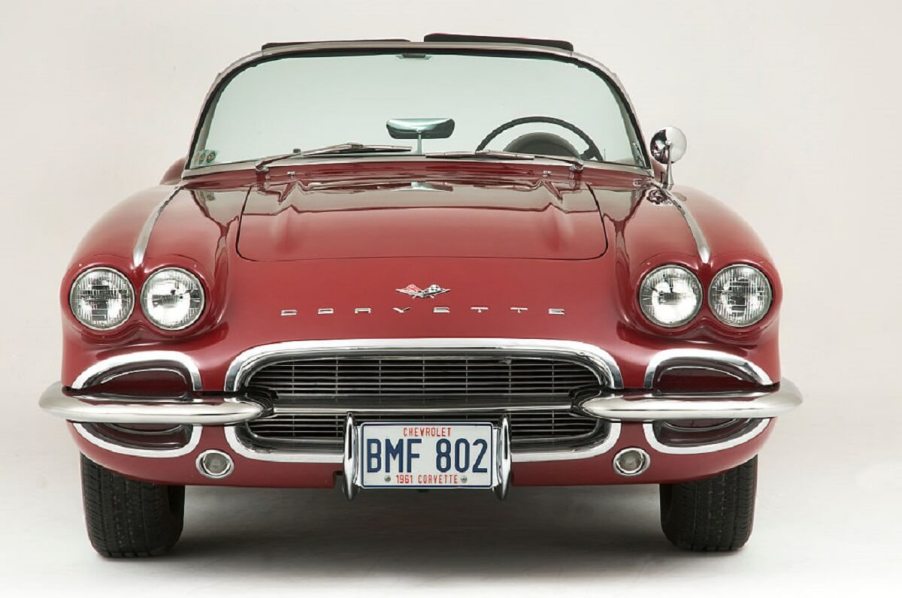
What Does ‘Numbers-Matching’ Mean?
You’ve probably seen it written in the description of that used muscle car listing you’ve been pursuing: “This is a numbers-matching vehicle.” Still, what does the terminology mean? Moreover, is a classic car with matching VIN tags and parts worth more to collectors?
What is meant by numbers matching?
The term “numbers matching” refers to a car’s stamped numbers on its Vehicle Identification Number (VIN) plate, chassis, and engine. If all those numbers are the same, it’s a numbers-matching vehicle. All cars fit the description from the factory, but swaps, rebuilds, or extensive modifications could change their status.

For instance, if an owner swaps a crate 383 cubic-inch stroker V8 into a classic Chevrolet Corvette C3, the vehicle is no longer all-original. The VIN plate and chassis might be an original pairing, but the new performance motor won’t have the same number.
How do I know if I have a numbers-matching car?
You can verify whether or not a vehicle is numbers-matching by checking the serial numbers on the engine block, body, frame, and transmission. For instance, many classic cars have VIN tags with numbers and codes on their firewalls.
Moreover, most classic cars in the United States will have a number stamped on an iron engine block, like the ubiquitous 350 V8s in many Chevrolet vehicles. Additionally, rear axles will have a code that could match up to the engine and VIN tag.

Does matching numbers matter?
To die-hard enthusiasts and speculators, matching numbers is essential. Typically, all-original vehicles are worth more to collectors. As a result, fans who want to buy a classic car and treat it as an appreciating asset to sell later should buy an all-original car.
Of course, current car collectors will already feel the financial impact of looking for an all-original vehicle. For instance, Hagerty says owners who spend money restoring a classic car that isn’t matching are wasting their money. On the other hand, owners who restore an all-original car could be preserving an appreciating asset worth many multiples more than they paid for it.
Are there any benefits to a non-matching car?
There could be benefits to finding a well-built car that isn’t numbers matching. For instance, a non-original vehicle could have a performance motor and transmission combination that makes it smoother, more powerful, and more efficient. Of course, buyers should beware when considering a custom build.
What do you think? Is hunting for a sweet, all-original ride worth your efforts? Share your thoughts in the comments below!



